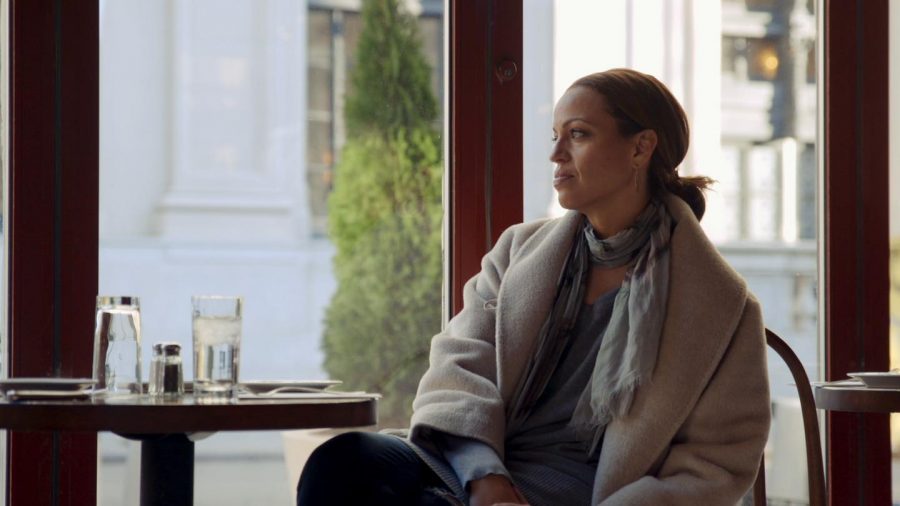“On the Record” Examines Struggles of Black Sexual Assault Survivors Coming Forward
"On the Record" explores the difficulites of Black women in the music industry. (Courtesy of Facebook)
September 16, 2020
This article contains mention of sexual assault and harrassment.
The #MeToo movement didn’t begin after sexual abuse allegations against film producer Harvey Weinstein came to light in 2017. It was created in 2006 by Tarana Burke, a Black activist from the Bronx who used #MeToo to help other women who were survivors of sexual assault — a full 11 years before the hashtag gained popularity on social media. Burke has since received her just due in the #MeToo movement, but not everyone associates its beginnings with her.
As such, it’s necessary to examine the unique difficulties Black women face when coming forward against powerful men, and “On the Record,” a recently-released documentary on HBO Max, does just that. (Sidebar: Burke is interviewed in the film.) Their stories do not discount the difficulties white women face as well; instead, the 98-minute documentary examines the added layer of difficulty Black women encounter, specifically due to the color of their skin, and the relationship paradigms that have developed over time with Black men.
The documentary follows the stories of several women who were sexually assaulted by music mogul Russell Simmons, who was commonly referred to as the “godfather of hip-hop” thanks to his discovery of several top artists and his leadership at the renowned rap music label Def Jam Recordings.
The main character of “On the Record” is Drew Dixon, a young producer who rises to the Artists and Repertoire position at Def Jam in the ’90s. She is a rising star in the industry, having overseen Method Man and Mary J. Blige’s 1995 hit “You’re All I Need” at the age of just 24. However, around this time, Simmons begins aggressively harassing her. The experience leaves her scarred and eventually forces her to leave Def Jam and move on to Arista, where she eventually receives horrible treatment by another powerful Black music executive, L.A. Reid.
The film, which is heartbreakingly thorough, illuminates the experiences of Dixon and other women with Simmons over the course of his career. What makes the film so brutally effective is how it examines gender and race dynamics: At one point, Dixon recalls watching the Anita Hill and Clarence Thomas hearings as a senior at Stanford and remembers the vitriol many felt towards Hill for coming forward. In one of the more heart-wrenching scenes from the documentary, she repeats several times that she didn’t want to come forward with her abuse stories about Simmons and Reid because she didn’t want something like that to happen to her. As she says near the end of the film, as a survivor, her life is the crime scene.
Another dynamic that is also explored in the film is the “light privilege” Dixon says she and some of the other accusers feel. In one of the most powerful scenes in the film, Dixon, Jenny Lumet and Sil Lai Abrams, three of the 19 women who were known to be sexually assaulted by Simmons, meet with each other after a New York Times exposé uncovered Simmons’ years of improprieties. Abrams brings up the idea that the women are “conventionally attractive” due to their lighter skin complexion, and the fact that their stories were told at all is in itself a privilege. Abrams says every woman’s story deserves to be heard, while Dixon speaks of the obligation she feels to stick her neck out for other Black women, in part because of that “light privilege.”
The final scenes of the film track Dixon’s current state as of January 2020, with her reflecting on leaving the music industry after being sexually assaulted by L.A. Reid. We’re left to wonder that same question: What would’ve happened if someone like Dixon, who helped churn out hits for Aretha Franklin, Whitney Houston and Lauryn Hill, had stayed in the music industry? What would she have accomplished if Reid and Simmons didn’t bully her out of it? Even more hauntingly, what did we lose because these two men did?












If you want a picture to show with your comment, go get a gravatar.